This article was written when I was seven months pregnant with Mara and was originally published in the Today Parents Community.
It had been just a few days since I heard the numbing words “your baby has Down syndrome” when I received a message from a close family member that said: “I am very proud of you for choosing to have your baby. You are really brave”. I was still processing my feelings. In no way was I in a good place as I read those words. I had been crying myself to sleep for days. I was terrified. How would this impact my 2-year-old son’s quality of life? Would the sacrifices needed to adapt to a special needs baby deteriorate my relationship with my husband?
This was just the first of many people in my inner circle to praise my decision. “You are really brave. She is lucky that you are her mom” quickly became the answer when I informed my close friends of my decision to have my daughter after prenatal testing determined that she would be born with Down syndrome. I knew that those responses came from a good place. I knew that they all thought that commending my decision was a way to show their support.
The support was deeply appreciated, and I did not take it for granted. But I still did not like to hear those words. Because, without realizing it, they all were saying that I was brave for choosing to have a baby that many families would not have wanted. As many as 67% of US families receiving a Down syndrome diagnosis decide to terminate the pregnancy. The number is much higher in my country of birth, Spain. According to Down España (www.sindromedown.net), the termination rate in Spain is 90%.
I guess that is why my family and friends decided that I was a hero for not terminating my pregnancy. I, on the other hand, had made the decision not to terminate based on a very simple logic: I asked myself: “what decision will you not be able to live with?” The answer came to me immediately, and it was clear. We were having a baby. THIS baby. Of course, I was afraid of what the words “Down syndrome” would mean for our family. But I had fought for two years to have a baby. I had gone through three consecutive miscarriages. I had pushed myself through my darkest hours to fulfill my dream to give my son a younger sibling to grow up with. This little girl had decided to stick with me and I was going to stick with her. She had chosen me. I truly never felt like I was choosing her. I was having the baby I had so very hard fought to have.
What is brave is deciding to become a mother. Period. My prenatal diagnosis made me realize how naively we go into that journey. We believe that the difficulties only lay on whether we can get pregnant and whether the pregnancy will stick. And then, somehow, we decide that having a typical baby is the end of the scary road. But who guarantees that? Who has assured us that our typical children will not face challenges and we, as their parents, will not suffer watching them struggle? I do not mean this in a dramatic way. I mean it as somebody who was also a child at one time.
I was born with 46 chromosomes. Yet, I suffered from tremendous bullying for being a biracial child in a school with zero diversity. There was not a test that my mom could have taken during her pregnancy to predict the many years of harassment I went through. If there was one, would she have been expected to terminate her pregnancy? Would she have had a visit with a doctor that would warn her of the suffering that having a biracial child would cause both her and her child? Would they have told her about her options to terminate to prevent such suffering? After deciding to continue the pregnancy, would she have been praised for having a “different” child that would face all those years of struggle
Somehow, our society has taught us what a desirable child is. A child that will reach milestones based on guidelines that are given to us and that we quickly become obsessed with as new parents. Yet, many typical children do not meet the guidelines. Their parents are labeled as “dedicated” parents when they find the best occupational, speech or whatever therapy is needed. Nobody labels them as “brave” when they do what parents SHOULD do to help their children during their challenges: rise to the occasion and give them proper tools to have the best possible quality of life.
That is exactly what I chose to do by not terminating the pregnancy after my daughter’s Down syndrome diagnosis. I chose to be her mother. I chose to do what mothers do. Help my baby have the best quality of life possible using whatever resources we may need. We do not know yet what those will be; as much as we do not know yet what resources we may need for my typical son.
Each time somebody calls me brave, I feel as if my unborn daughter went from being considered a little miracle to being considered an obstacle. And I, the brave mom, am the hero who chose a life of jumping hurdles. It is like the Down syndrome diagnosis suddenly erased the magic of having a tiny human growing inside of me. But that is not how I feel. When I see my little girl in an ultrasound, I still see the miracle of life.
Only time will tell what her diagnosis means for our family; like every other challenge our family faces. But choosing to have her was not brave. It was simply a continuation of the unconditional love I felt the day I saw two pink lines on a pregnancy test.
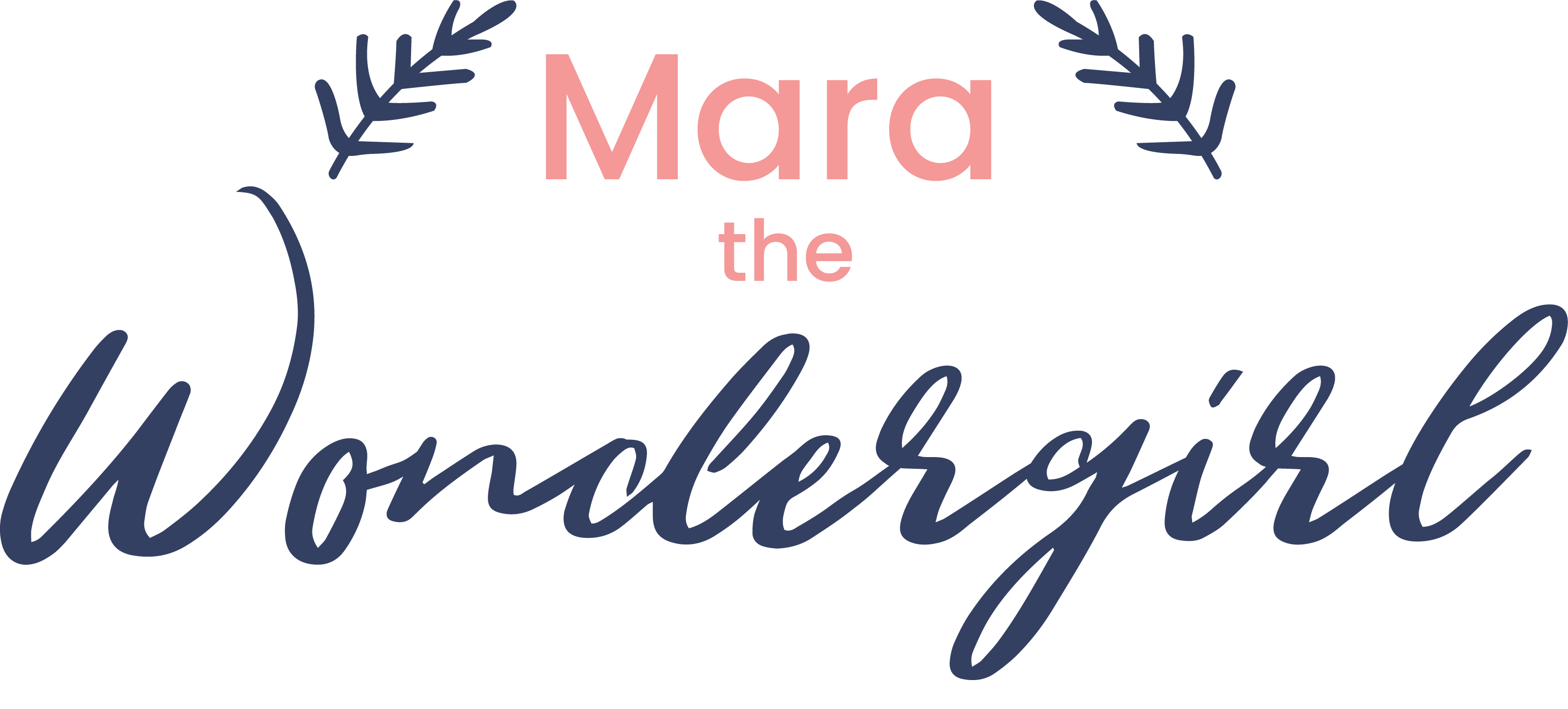

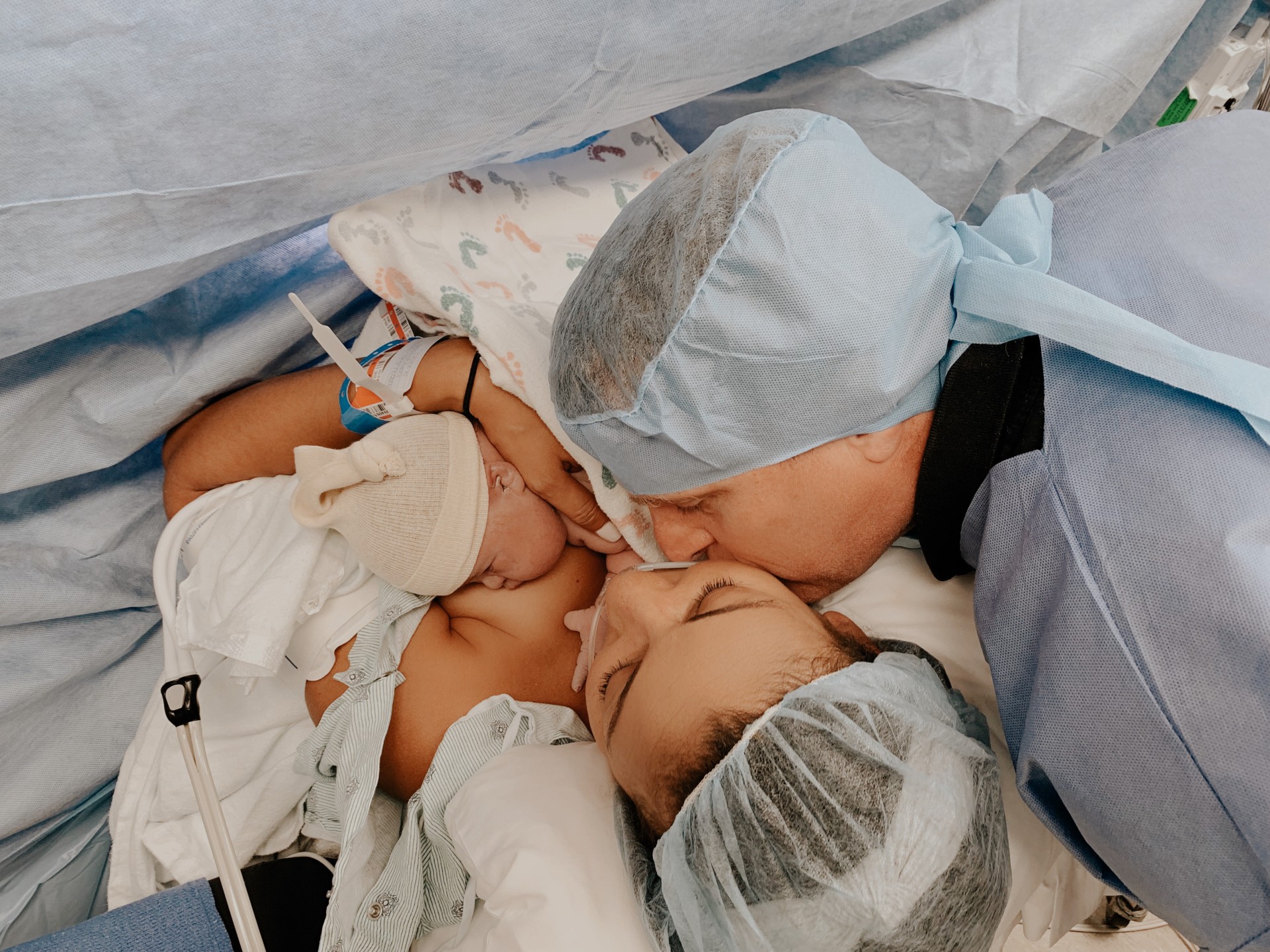
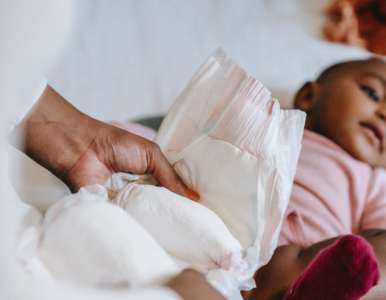
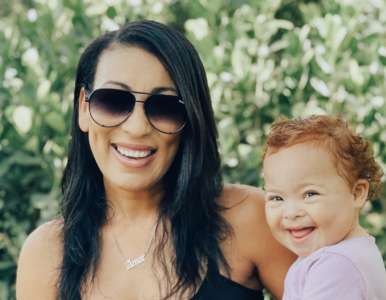
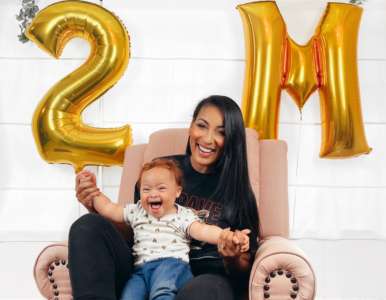
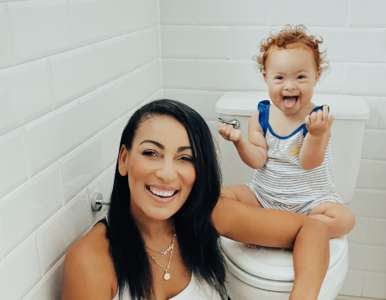
4 Comments
by Viki
Preciosas palabras y muy ciertas
by Sandy Bodeau
Gracias!
by Sandy Bodeau
Gracias!!
by Monica
Luego de leer tu blog fui a buscar el significado de valiente y si me hace clic con tu historia junto a Mara
En tanto, el valiente será aquel individuo que es portador de valentía, porque la valentía es una virtud humana que consiste en una enorme fuerza de voluntad a la hora de concretar las acciones, aún a pesar de las dificultades y obstáculos que se le presentan. Generalmente, las dificultades provocan miedo, vacilaciones en el común de las personas, sin embargo, quien dispone de valentía, podrá sobreponerse ampliamente a los temores y continuar hasta su concreción la acción que se propone y pretendía.
Si bien es más frecuente que a la valentía se la asocie con las grandes gestas o acciones, también, la misma se haya muy frecuentemente en las pequeñas acciones cotidianas que llevamos a cabo los seres humanos, o sea, valiente será quien pelea por la independencia de su patria en una batalla y también quien defiende a un hijo de un grupo que quiere atacarlo.
No hace falta ser un ser extraordinario para disfrutar de la virtud de la valentía, aunque, vale destacar, que no todos son capaces de hacer honor de la misma a través de sus acciones.
Comments are closed.